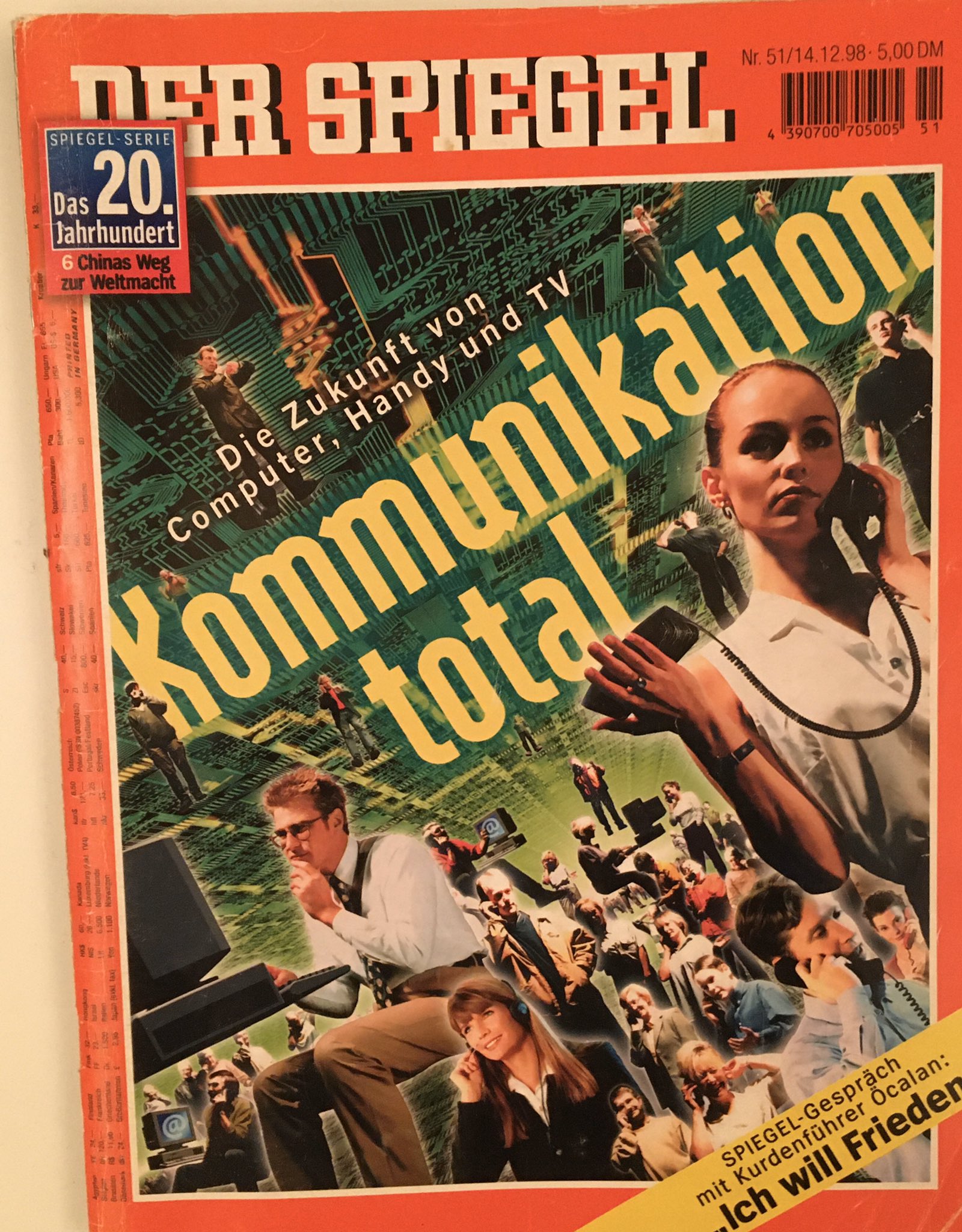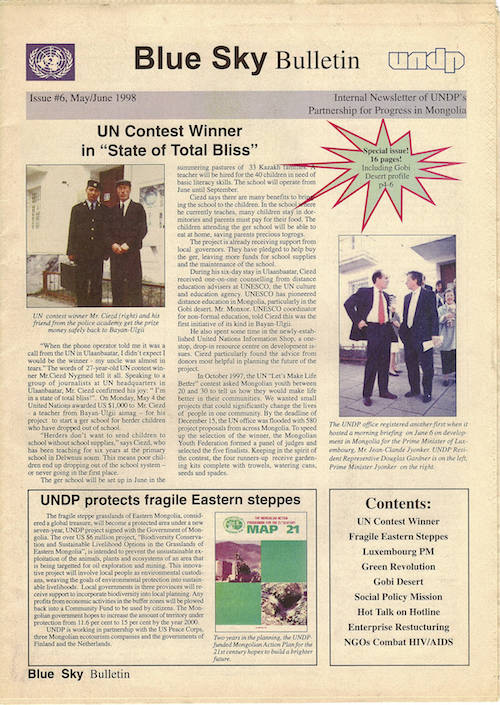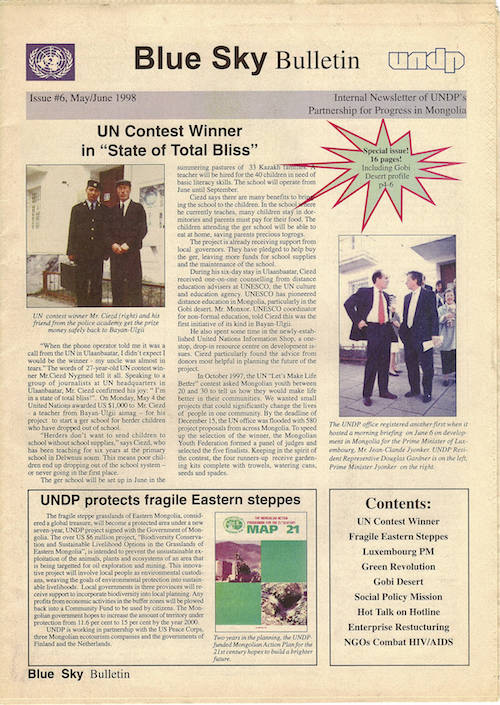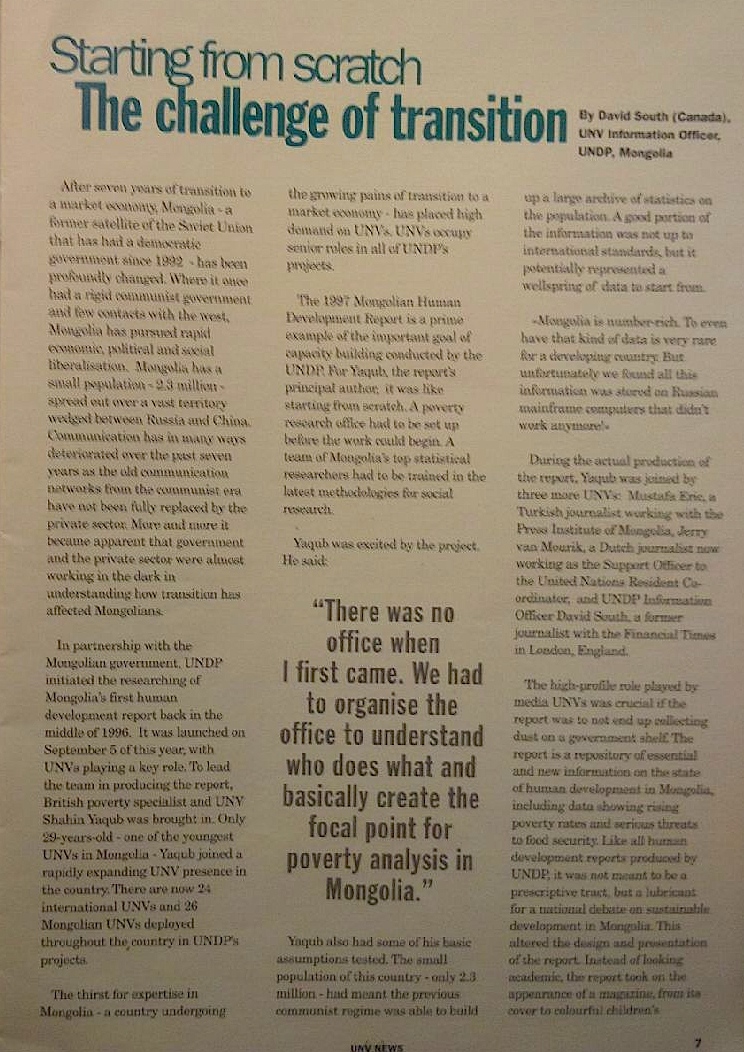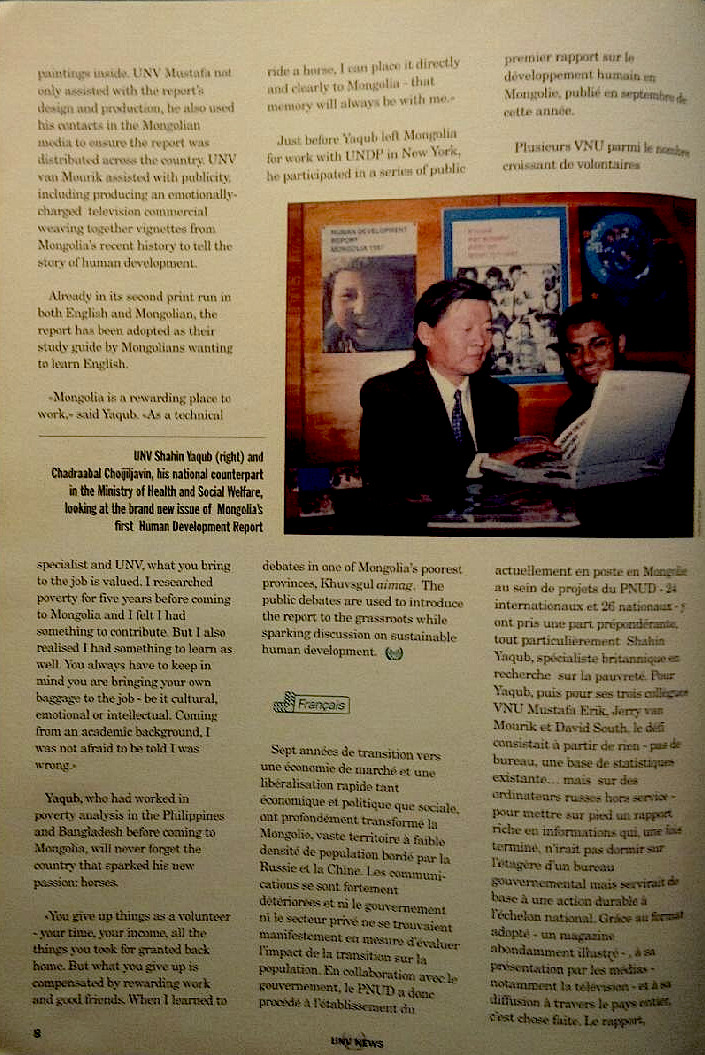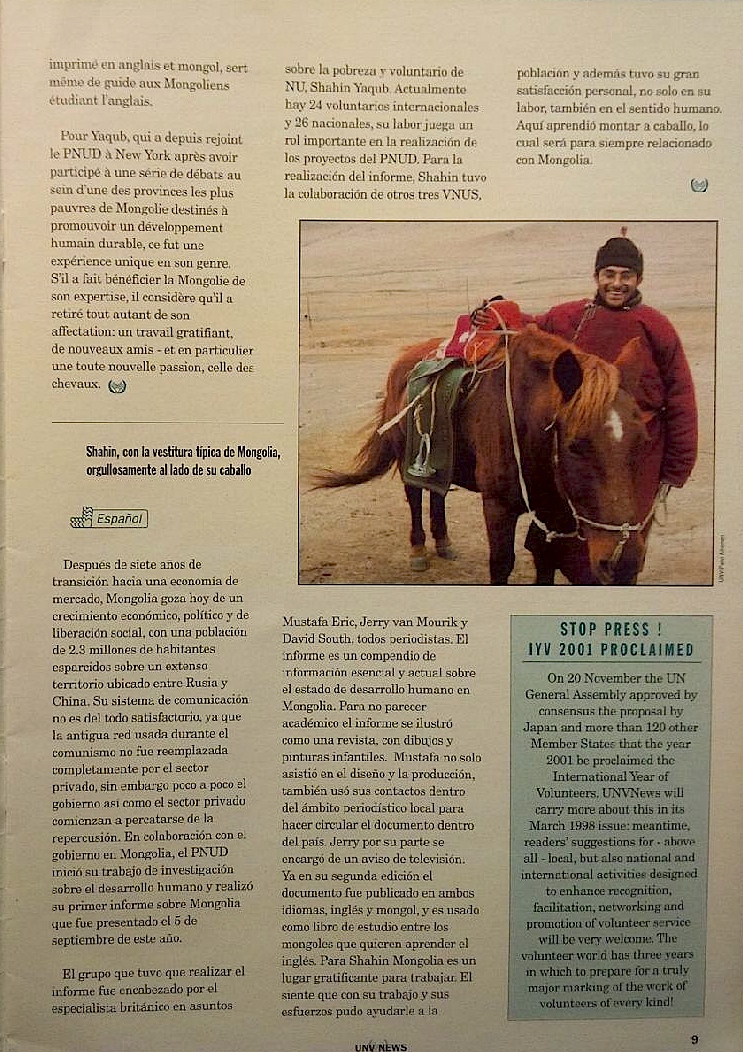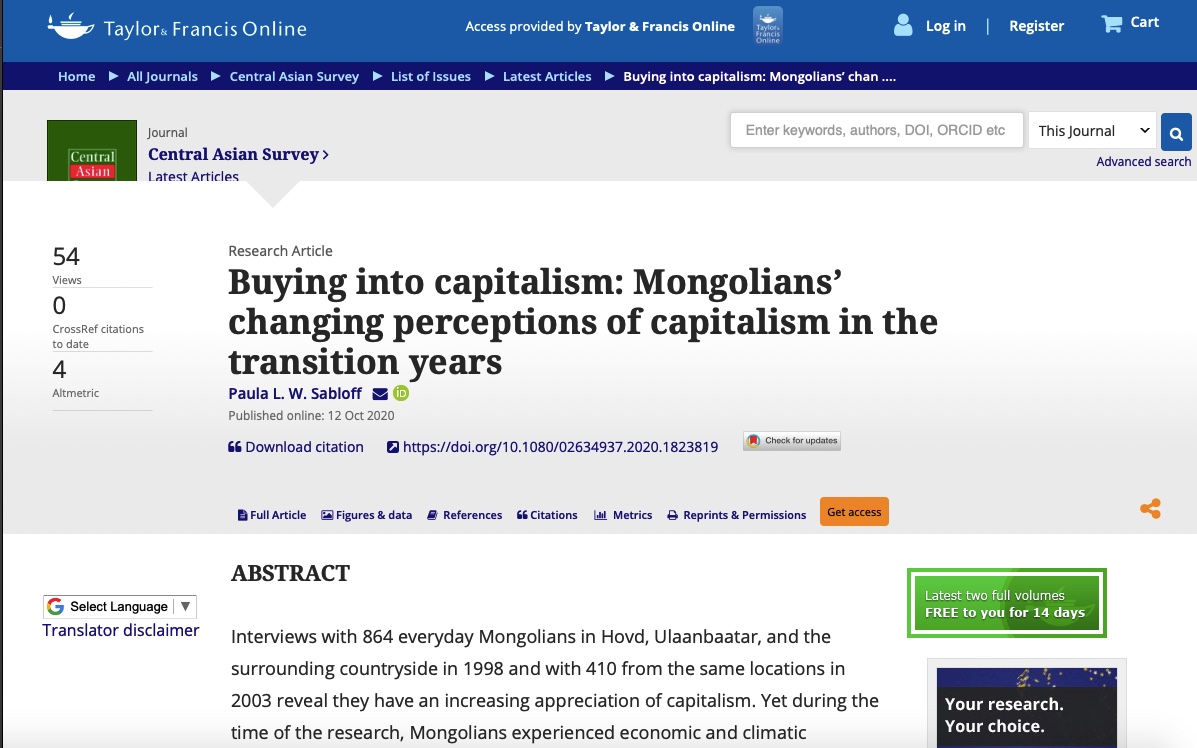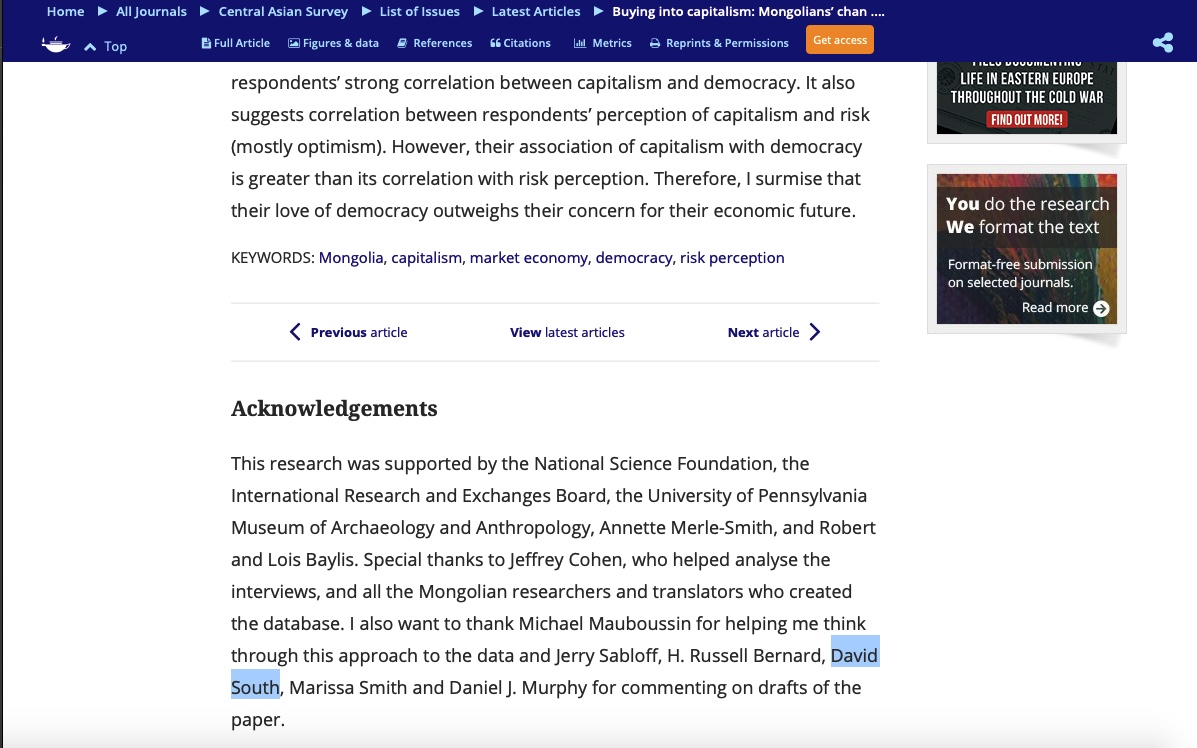Development Profile: UNDP in the Southern Gobi Desert | May-June 1998
 Wednesday, December 30, 2020 at 3:02AM
Wednesday, December 30, 2020 at 3:02AM 
By David South, Blue Sky Bulletin (Dalanzadgad, Mongolia), May-June 1998
Development Profile: UNDP in the Southern Gobi Desert
In late May UNDP visited its environment and poverty projects in Omnogobi or South Gobi on the border with China and in the heart of the Gobi Desert. The aimag (province) is home to 45,000 people spread over a territory of 165,000 kilometers. It is a harsh environment where temperatures can plummet to minus 40 degrees Celsius in winter and shoot up to plus 40 in summer. What is striking about the capital of Omnogobi, Dalanzadgad, is how well things are working. It is a garden capital - despite being in the desert the central boulevard is covered in trees - and trade with China has brought a prosperity for some herdsmen, many of whom buzz around the town on Planeta motorcycles. The offices of the Malchin television company are hidden by a bouquet of white satellite dishes - it is not an uncommon sight to see a ger with a satellite dish in South Gobi.
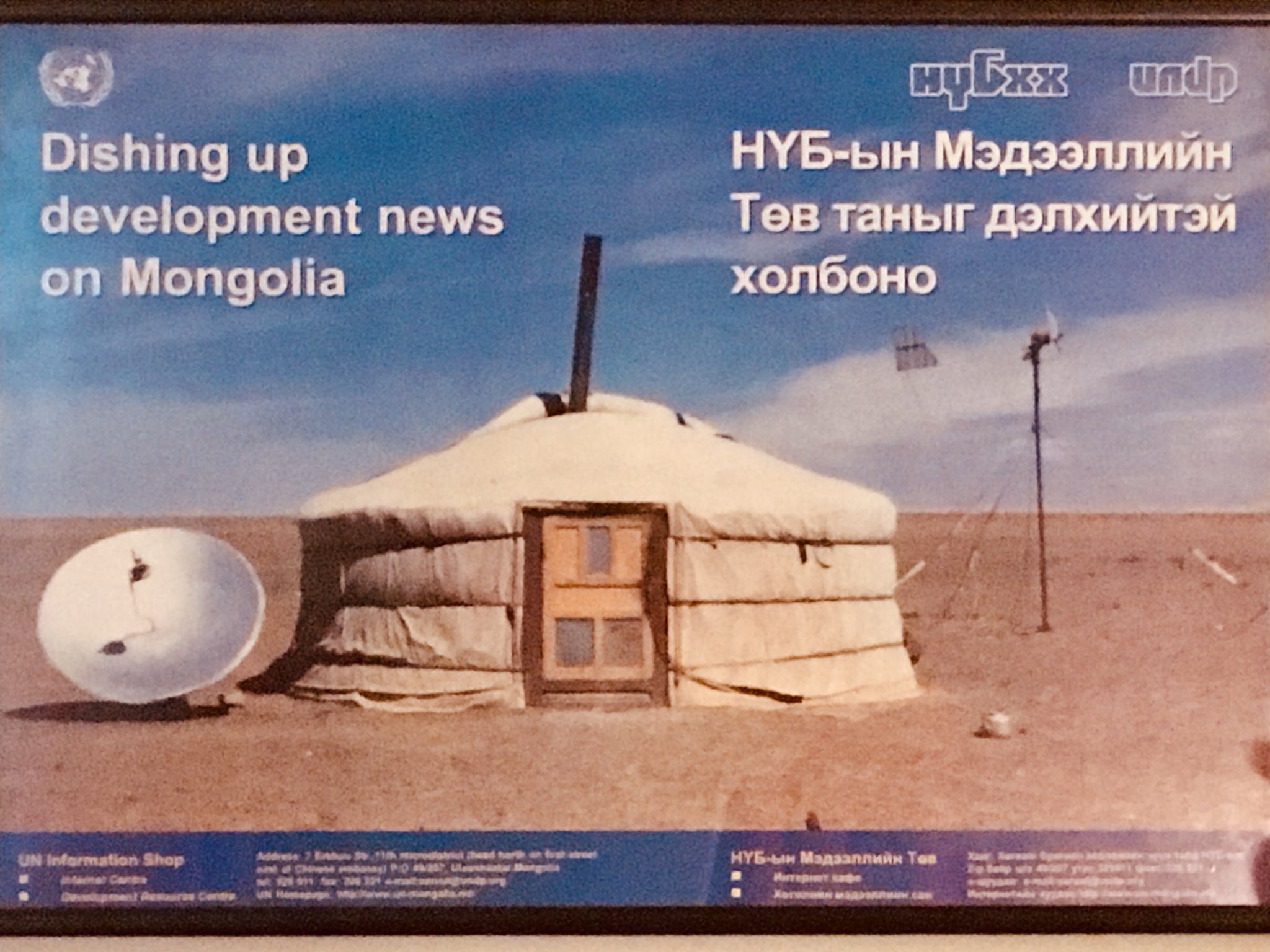
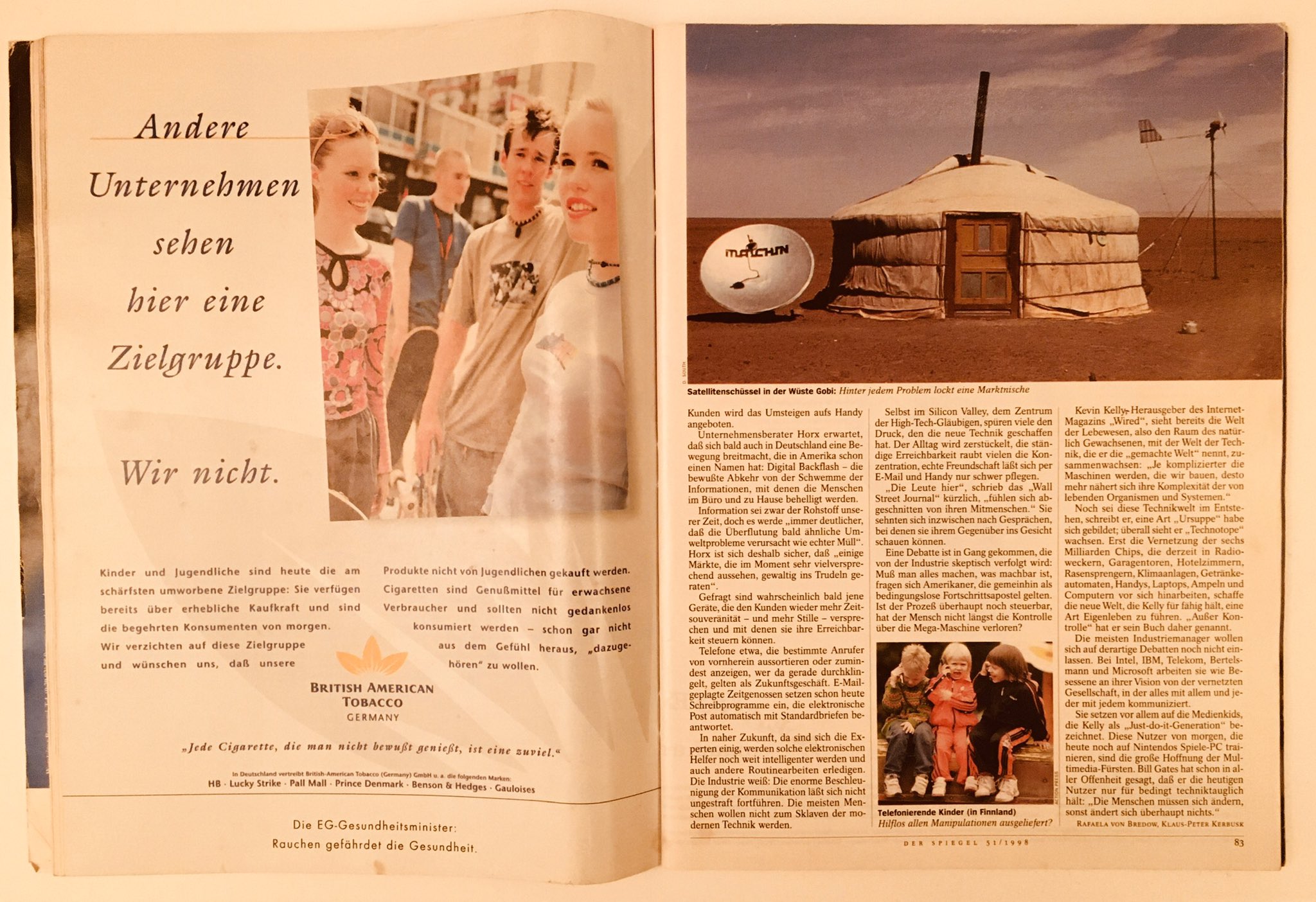 In 1998 Der Spiegel's "Kommunikation total" issue profiled the global connectivity revolution underway and being accelerated by the Internet boom of the late 1990s. It chose my picture of a satellite dish and a ger in the Gobi Desert to symbolise this historic event.
In 1998 Der Spiegel's "Kommunikation total" issue profiled the global connectivity revolution underway and being accelerated by the Internet boom of the late 1990s. It chose my picture of a satellite dish and a ger in the Gobi Desert to symbolise this historic event.
Electricity in the air - 85 women discover the Women’s Development Fund
The Mongolian Human Development Report singled out South Gobi for having the highest poverty incidence in Mongolia (41.9 per cent). While this ranking is hotly debated by locals who say it is a statistical anomaly resulting from their low population, there is no question life is hard in the Gobi.
In a crowded room in the Governor’s building, 85 of the poorest women in Dalanzadgad have gathered to hear about an innovative UNDP-initiated fund. The meeting, organised by the NGO the Liberal Women’s Brain Pool, is introducing the Women’s Development Fund. Many questions are asked as to why some of the women were passed over when the local government started distributing poverty alleviation funds.
With the assistance of the British Government who donated Tg 12 million, these women are getting a chance. The Women’s Development Fund was founded in partnership with the Poverty Alleviation Programme Office to take account of the unique role women have in the prosperity of families. Support is key and the women will be assisted by community activists as they develop their project ideas and begin to implement them. In early June they started to receive funding for their projects.
Note: This story was part of a series highlighting life and the state of human development in Mongolia’s Gobi Desert after the publishing of the country’s first human development report in 1997.
ORCID iD: https://orcid.org/0000-0001-5311-1052.
© David South Consulting 2020
 1998,
1998,  David South,
David South,  Douglas Gardner,
Douglas Gardner,  Gobi desert,
Gobi desert,  UNDP,
UNDP,  UNDP Mongolia Communications Office,
UNDP Mongolia Communications Office,  austerity,
austerity,  crisis,
crisis,  poverty,
poverty,  shock therapy,
shock therapy,  transition,
transition,  women in
women in  Agenda 21,
Agenda 21,  Austerity,
Austerity,  Blue Sky Bulletin,
Blue Sky Bulletin,  Data,
Data,  David South Consulting,
David South Consulting,  Environment,
Environment,  Magazine Stories 1990s,
Magazine Stories 1990s,  Northeast Asia,
Northeast Asia,  Poor,
Poor,  Shock Therapy,
Shock Therapy,  Solutions,
Solutions,  Sustainable Development,
Sustainable Development,  Trade,
Trade,  UN Innovator Stories,
UN Innovator Stories,  UNDP,
UNDP,  UNDP Innovator Stories,
UNDP Innovator Stories,  UNDP Mongolia,
UNDP Mongolia,  United Nations,
United Nations,  United Nations Mission,
United Nations Mission,  Women
Women 